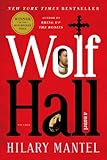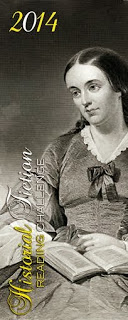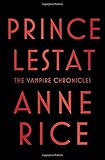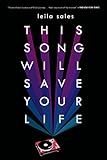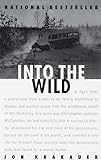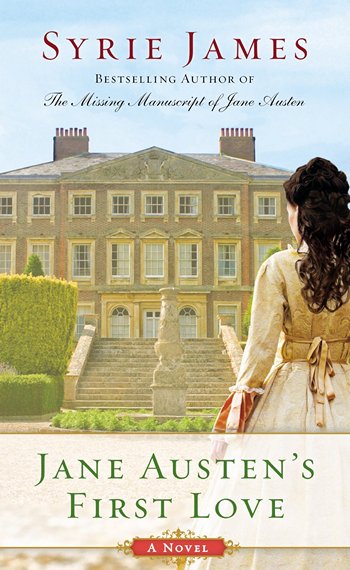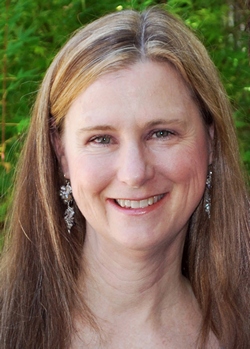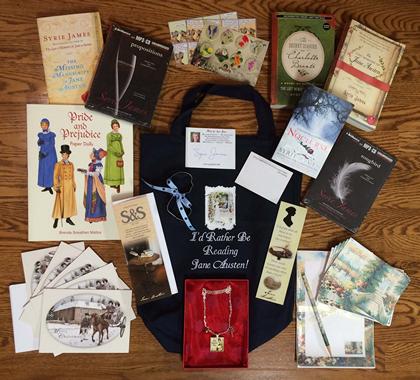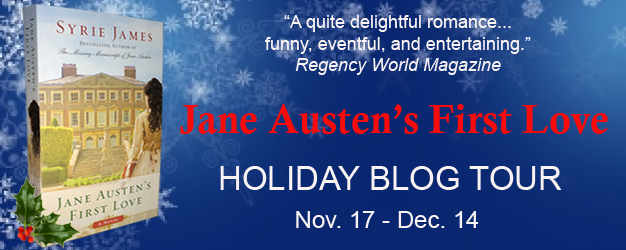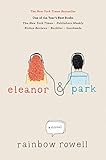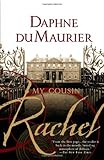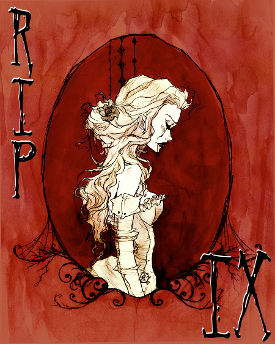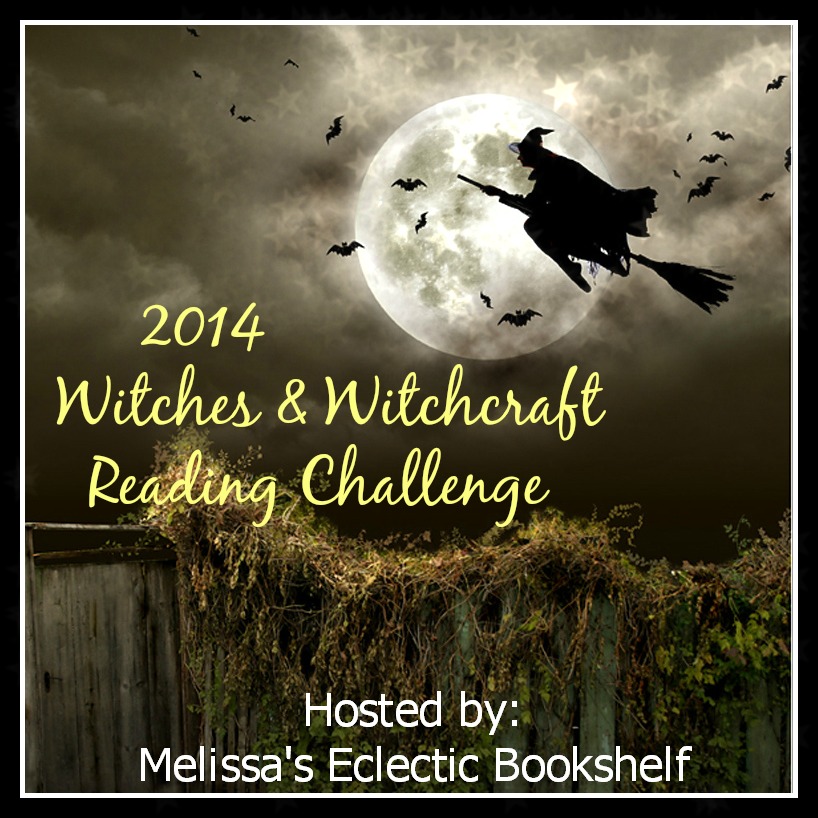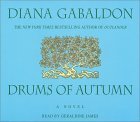
2014 Reading Challenge
completed her goal of reading 30 books in 2014!
I was able to complete my reading challenge of reading 30 books this year, but I did lower the number, as the last two years in a row, I had tried and failed to read 52 books. I am giving it another go this coming year. Is 2015 going to be the year I can finally read 52 books? We shall see…
Stats breakdown:
- Total number of books read: 33
- Fiction books: 31
- Nonfiction books: 2
- YA books: 5
- Audio books: 10
- E-books: 3
- Re-reads: 14
I am most surprised about the large number of re-reads. Many of those were from the Chronicles of Narnia. The first time I read these books, I stalled out somewhere in the middle of The Voyage of the Dawn Treader. This time I finished them all, and they were also all audio books, which accounts for the unusually high number of audio books as well. I didn’t realize, however, that I was re-reading so many books that I had read before. Only two re-reads happened because I was teaching the books (The God of Small Things and The Adventures of Huckleberry Finn).
Favorite reads of the year (reviews linked):
- Into the Wild, Jon Krakauer (my hands-down favorite)
- Wolf Hall, Hilary Mantel
- Eleanor & Park, Rainbow Rowell
- The Time Traveler’s Wife, Audrey Niffenegger
Least favorite reads of the year:
- The Last Battle, C. S. Lewis
- The Silver Chair, C. S. Lewis
Reading Challenge Stats:
- R. I. P. Challenge: I read one of the four books I challenged myself to read. I am chalking that up to having a new position and becoming accustomed to the resulting increased workload in September and October, which coincide with the challenge months.
- 2014 Historical Fiction Reading Challenge: Completed with two books extra. I read seven books and challenged myself to read five. I still haven’t seen any word about the 2015 Historical Fiction Reading Challenge. Hmm.
- Foodies Reading Challenge: I didn’t even start this one. I had good intentions of reading some of the foodie nonfiction I have been meaning to get to for some time, but I didn’t do it.
- Witches and Witchcraft Reading Challenge: I read four of the five books I challenged myself to read.
- Postal Reading Challenge: A very cool challenge that I never even started.
- Book Bingo Reading Challenge: I scored BINGO twice, so I am calling that one met. I challenged myself to score BINGO once, which was five books, and I was able to count ten books for this challenge.
- Where Are You Reading? Challenge: No set number of books, but I mapped each book I read.

